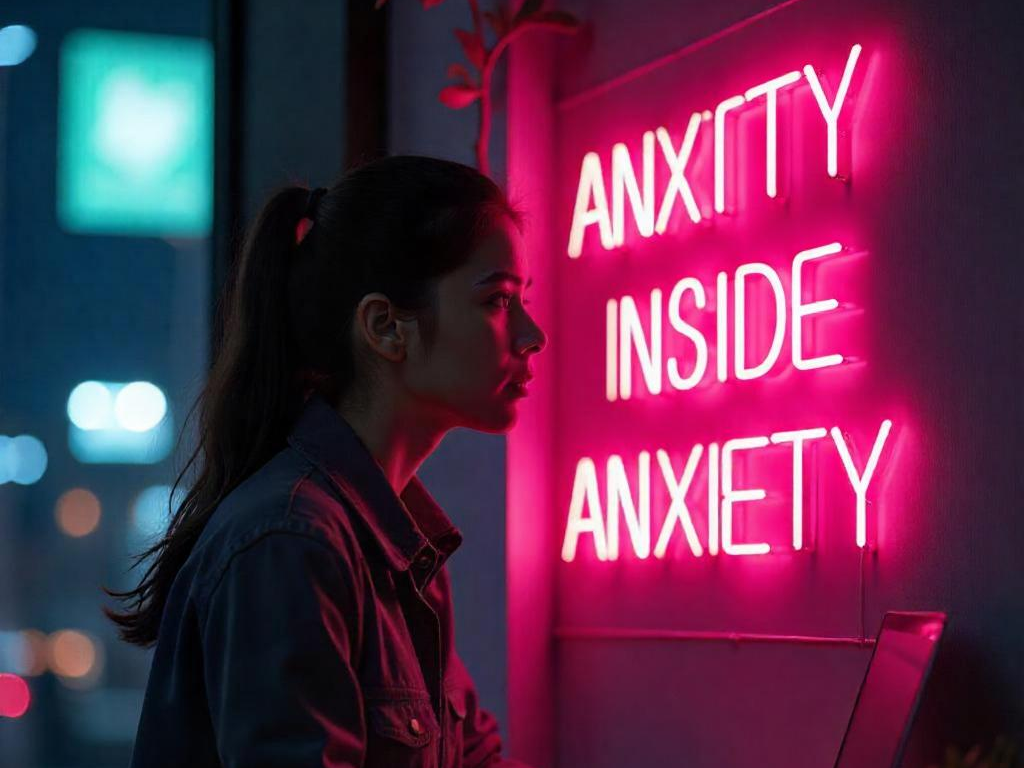When we think of Adverse Drug Events (ADEs), we often picture physical symptoms rashes, headaches, allergic reactions. But what if the real damage isn’t just physical?
At Foncentra, we’ve explored the less visible, yet deeply harmful effects of ADEs: how they silently erode mental health, emotional well being, and day to day life.
This post offers a powerful summary of our full guide, “The Silent Impact: How Adverse Drug Events Affect Mental Health and Daily Life.”
💥 What Is an ADE and Why It’s More Than Just a Reaction
An Adverse Drug Event is any injury caused by medication whether due to dosage error, interaction, or side effects.
But beyond the physical harm, ADEs can trigger:
- Panic attacks and anxiety disorders
- Depression from chronic or life altering effects
- Sleep disturbances and PTSD in severe cases
- Fear of future treatment or medication refusal
In short, ADEs can reshape how someone lives, feels, and even trusts the medical system.
🧠 The Psychological Toll of ADEs
The mental effects of ADEs are often ignored or misdiagnosed. In our research, we found key psychological consequences:
- Non adherence to medications due to fear
- Social withdrawal from visible side effects
- Shame and guilt when dependent on others
- Impaired focus, memory, and decision making
- Body image issues and low self esteem
- Even suicidal ideation in vulnerable patients

💸 Emotional, Social & Financial Impact
ADEs don’t stop at the patient they ripple outward:
- Caregivers face burnout and emotional strain
- Work performance suffers due to brain fog or absenteeism
- Financial pressure grows from medical bills and lost income
- Patients may develop mistrust in medications, leading to poor health outcomes
💡 What Can Be Done?
To reduce these effects, the full guide on “The Silent Impact: How Adverse Drug Events Affect Mental Health and Daily Life” outlines evidence based strategies:
- Patient and caregiver education
- Trauma informed care practices
- Building strong support systems
- Coping tools for emotional resilience
- Encouraging mental health awareness in clinical settings
Because ADEs don’t just harm your body.
They can change your entire life unless you’re ready.
Visit more blogs for your daily life problems here

